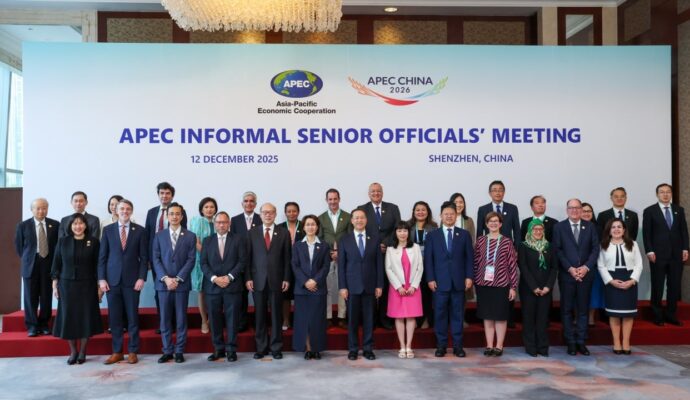For over a decade, the name Kim Jong-un has been synonymous with an isolated, economically struggling pariah state. Despite possessing nuclear weapons, North Korea has long been dismissed by the international community as a minor player on the world stage. That perception has now fundamentally changed.
Advertisement
The parade was the first time in 66 years that the heads of these three nations were assembling, and it was the first event Kim attended with multiple world leaders. North Korea’s Korean Central News Agency highlighted how the leader was photographed with “heads of state and government of different countries and leaders of international organisations invited to the event”.
Kim’s transformation from international pariah to influential global player represents a huge diplomatic achievement for North Korea. Just a decade ago, in 2015, it was South Korea’s president, not North Korea’s leader, watching the military parade with Xi. At that time, Seoul had cultivated deep ties with Beijing under president Park Geun-hye, while Pyongyang struggled under international sanctions.
Despite having inherited absolute authority over his nation in 2011, Kim initially found himself unable to elevate North Korea’s international standing or break free from diplomatic constraints. His nuclear provocations and bellicose rhetoric received global condemnation instead of translating into meaningful engagement with the world.
Kim’s first breakthrough came in 2018, largely as a result of then South Korean president Moon Jae-in’s efforts. With Moon as broker, Kim achieved what no North Korean leader had managed: face-to-face negotiations with an American president.


